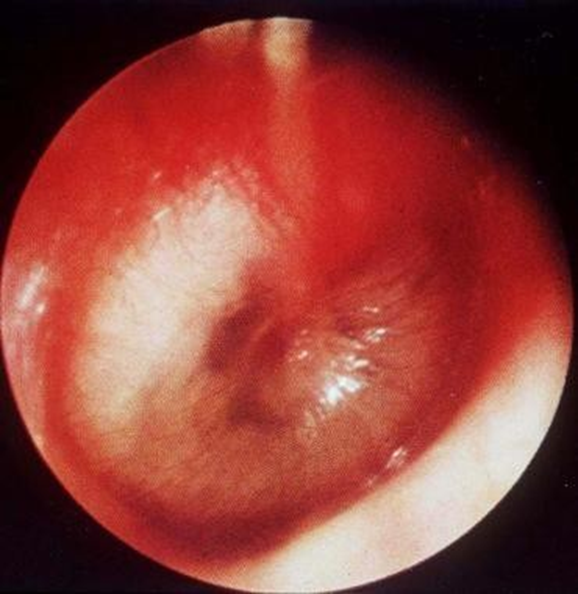A nurse is obtaining vital signs from 2-month-old infant. The infant's heart rate is 190/min and his temperature is 40° C (104° F). The father asks the nurse why the infant's heart is beating so fast. Which of the following responses by the nurse is appropriate
"The fever is causing an increase in your baby's heart rate."
"Your baby's heart is beating fast in an attempt to cool down his body
“This is within the expected range for your baby."
"As your baby begins to fall asleep, his heart rate will decrease.
The Correct Answer is A
A. In the case of a fever, the body's response often includes an increase in heart rate to help distribute heat and manage the fever.
B. While the body might attempt to regulate temperature through various means, the increased heart rate is primarily due to the fever itself.
C. A heart rate of 190/min is higher than normal for a 2-month-old infant and is likely elevated due to the fever.
D. Heart rate tends to decrease during sleep but doesn't explain the elevated heart rate specifically in response to the fever.
Nursing Test Bank
Naxlex Comprehensive Predictor Exams
Related Questions
Correct Answer is B
Explanation
A. Clear drainage from the affected ear is not a typical finding in otitis media; instead, it might indicate other conditions such as a ruptured eardrum.
B. Otitis media commonly presents with erythema (redness) and edema (swelling) of the affected ear.
C. Pain when manipulating the affected ear lobe might be present but is not exclusive to otitis media.
D. Tugging on the affected ear lobe can be a sign of ear discomfort but isn't a specific indicator of otitis media.

Correct Answer is B
Explanation
A. Solitary play, where a child plays alone, is more common in younger toddlers, typically before the age of 2.
B. Parallel play, where toddlers play alongside each other without actively engaging with one another, is common in 2-year-olds.
C. Toddlers often engage in play both at home and outside the home, with various interactions and experiences in different settings.
D. Cooperative play, where children actively play together in an organized or coordinated way, often emerges later in early childhood, around ages 3 to 4.
Whether you are a student looking to ace your exams or a practicing nurse seeking to enhance your expertise , our nursing education contents will empower you with the confidence and competence to make a difference in the lives of patients and become a respected leader in the healthcare field.
Visit Naxlex, invest in your future and unlock endless possibilities with our unparalleled nursing education contents today
Report Wrong Answer on the Current Question
Do you disagree with the answer? If yes, what is your expected answer? Explain.
Kindly be descriptive with the issue you are facing.
